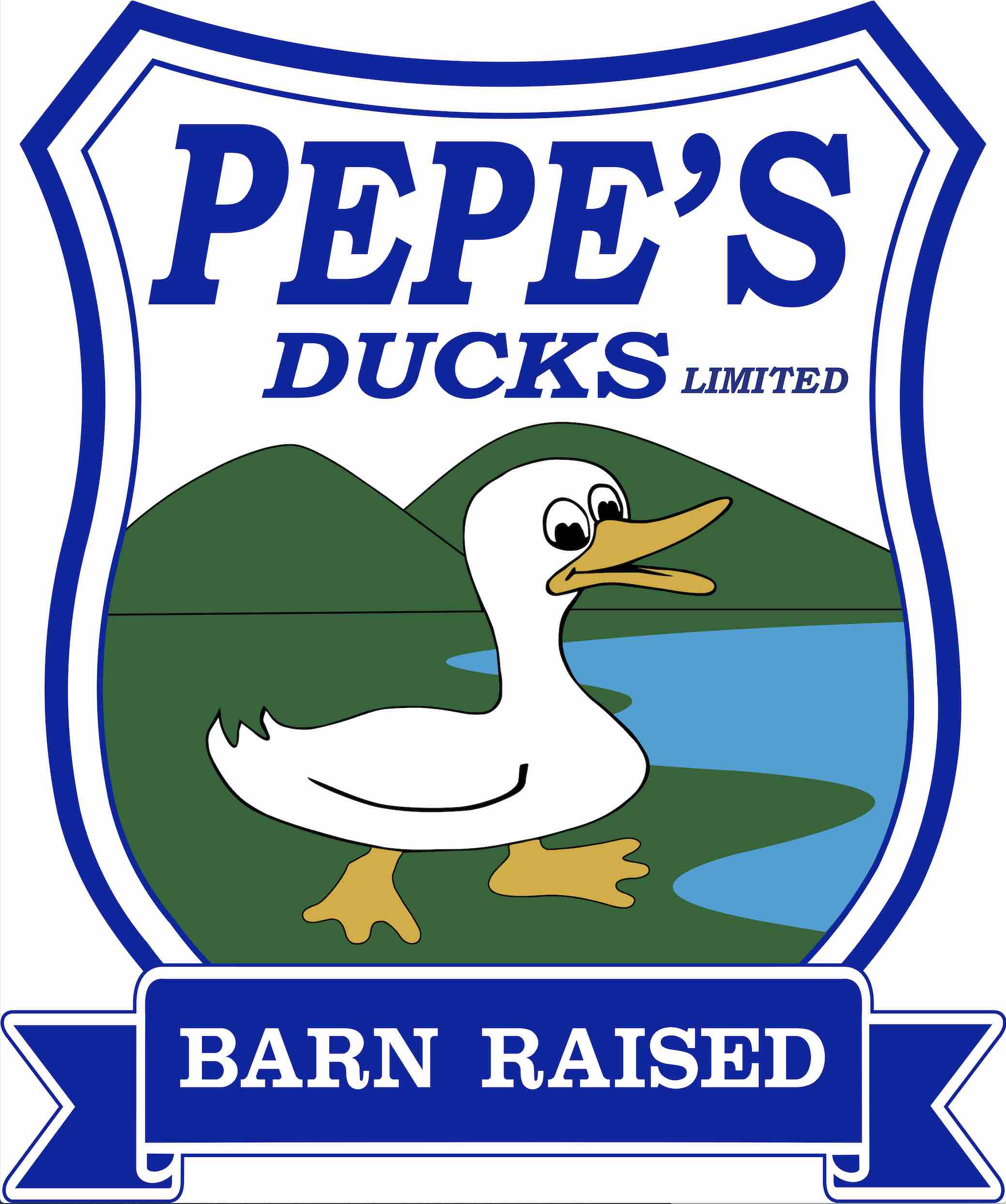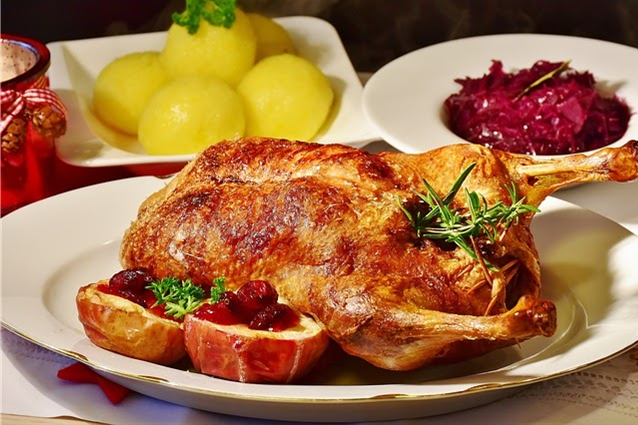All right so you may have already read about and executed a handful of duck recipes. Does this mean you’re ready to finally create your own?
The answer will depend on just how much you have really learned about cooking duck from these recipes. It is one thing to execute and achieve the desired flavour from the internet cookbook, but it’s a slightly different thing to understand all the cooking techniques and ingredient combinations that make them work.
Not to mention duck is also pretty expensive. Experimenting with it is going to be really expensive, really fast if you don’t know how to manage mistakes.
Fortunately, here are some ideas that give you a better foundation when going about creating your own, original duck dish.
#1. Start with the basic recipes that you know.
Exactly what kind of duck recipes have you already done successfully? If you have tried three to four different recipes for confit, then perhaps sticking to creating your own take on confit would be best for your first attempt.
On the other hand, if you have learned a wider variety of distinctly different dishes like whole roasted duck, duck sausages or duck a l’orange, then understand what makes each one different and focus on a specific type. The goal here is to have a template of sorts to start on and slowly play around with.
#2. Know what gives a dish flavour.
For duck, the sources of flavour come from the seasoning on the meat and the fat (particularly those on the skin), along with whatever sauce or gravy formula you decide to dip it all in. When you are enjoying a meal with a dish you just pulled off, pay attention to what you are tasting the most.
Once you figure it out, try to imagine what happens if you swapped it. For example, if you glazed duck breast with a red wine sauce, swap that out with honey instead. Avoid stressing yourself about swapping everything else all at once and focus on what predominant flavour would create the most noticeable difference.
#3. Master the art of cooking the meat just right.
If there is one universal rule in all duck recipes, it is the importance of controlling the temperature so that the duck will come out just right. The specific cooking techniques may vary (e.g. roasting versus grilling), but their goal is still the same: you don’t want a dry, overcooked duck or risk eating a raw, undercooked one.
To help with this, start identifying the steps in any recipe where you are finally applying heat to the meat (literally cooking it). Learn to know what kind of seasoning is best put on it before and after you turn that heat on.
This will take a lot of work for sure, but you don’t have to go in completely blind. Take your time studying the recipes you know, change up a few things and make your way from that.
For cooking and recipe ideas visit our website at;
https://pepesducks.com.au/cooking/

